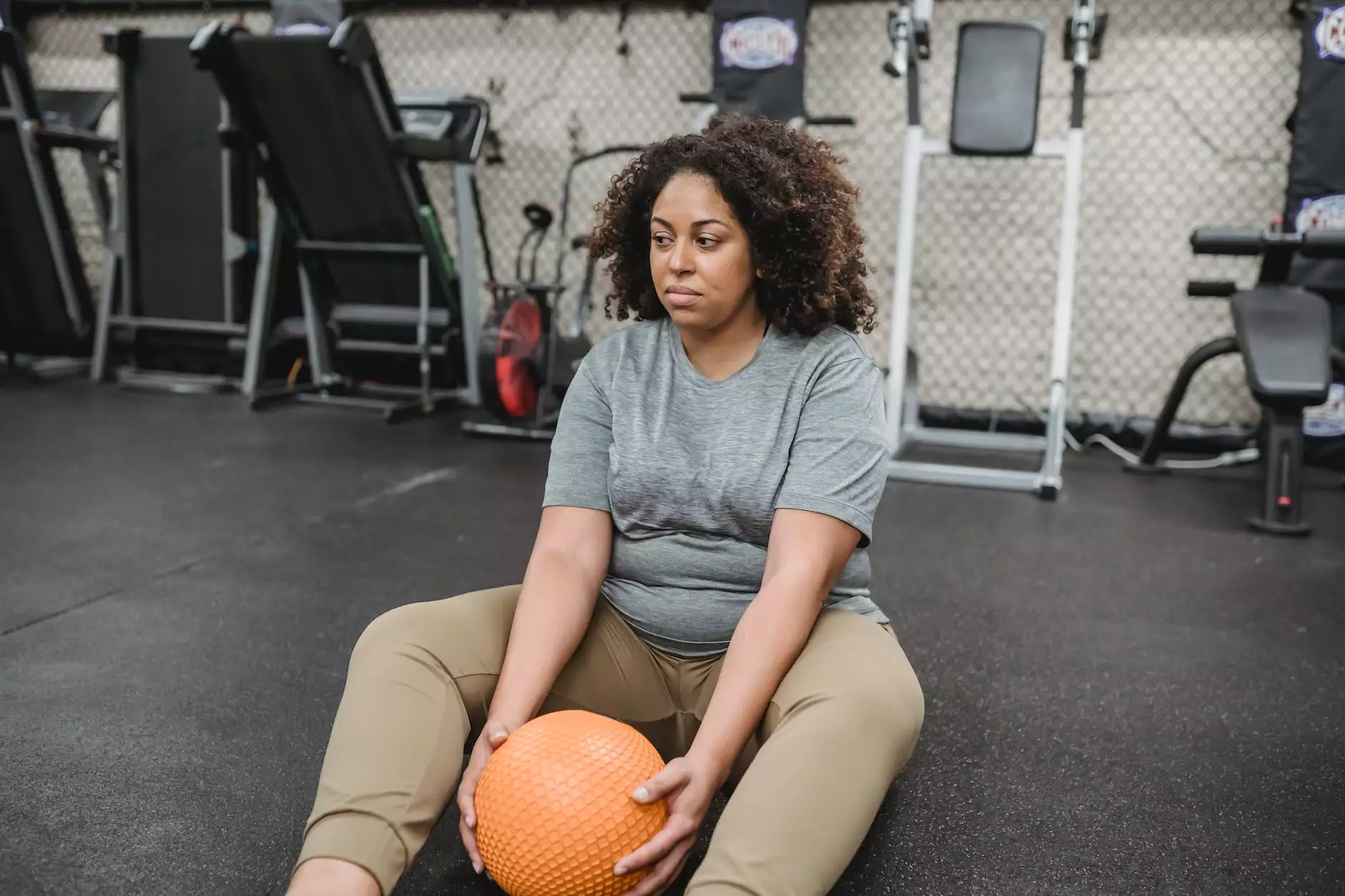Overtraining: When Less Is More
Blog
Introduction
Welcome to Bowling Orthopaedics, your trusted source for all things related to health and fitness. In this article, we explore the concept of overtraining and shed light on why sometimes less is indeed more. Whether you're an athlete, fitness enthusiast, or simply looking to optimize your workouts, understanding the effects of overtraining and the importance of rest and recovery is essential.
What is Overtraining?
Overtraining occurs when the volume and intensity of your workouts exceed your body's ability to recover adequately. It's a state where the balance between exercise and recovery tips towards the extreme, resulting in negative consequences rather than positive outcomes. While pushing your limits is important for progress, overtraining can lead to detrimental effects on your physical and mental well-being.
Signs and Symptoms
Identifying the signs and symptoms of overtraining can help you prevent further damage and optimize your workout routine. Pay attention to the following indicators:
1. Persistent Fatigue
Feeling constantly tired, even with sufficient sleep, can be a sign of overtraining. Your body needs time to recharge, and ignoring this can lead to a decrease in performance and motivation.
2. Decreased Performance
If you notice a decline in your athletic or workout performance, despite putting in the same effort, it could signal overtraining. When your body is under excessive stress, it struggles to perform at its peak capacity.
3. Frequent Illnesses
A weakened immune system is often associated with overtraining. If you find yourself getting sick frequently and taking longer to recover, it might be time to reassess your training regimen.
4. Mood Changes
Overtraining can take a toll on your mental well-being, leading to irritability, mood swings, and a decrease in overall happiness. Exercise should enhance your mood, not negatively impact it.
The Importance of Rest and Recovery
Now that we understand the potential dangers of overtraining let's delve into the importance of rest and recovery in achieving optimal results. Rest days are not just days off from training; they are essential for muscle repair and growth. Here's why:
1. Muscle Repair and Growth
When you exercise, microscopic tears occur in your muscles. Rest days allow these tears to repair and strengthen, leading to muscle growth and improved performance in the long run. Without adequate rest, the repair process is hindered, and the risk of injury increases.
2. Hormonal Balance
Rest days also play a vital role in maintaining hormonal balance. Intense training can disrupt hormone levels, leading to increased stress hormones like cortisol. By incorporating rest and recovery into your routine, you allow your hormones to stabilize and optimize your overall health.
3. Mental Well-being
Overtraining doesn't just impact your physical well-being; it can also take a toll on your mental health. Rest days provide an opportunity for relaxation, stress reduction, and mental rejuvenation. This allows you to approach your workouts with a refreshed mindset, improving focus and performance.
Tips for Preventing Overtraining
Prevention is always better than treatment. Here are some tips to help you prevent overtraining:
1. Listen to your Body
Your body knows best. Pay attention to any signals of excessive fatigue, pain, or stress. If something doesn't feel right, modify your workouts or take a rest day.
2. Vary your Routine
Mix up your workouts to avoid overloading specific muscle groups. Incorporate strength training, cardiovascular exercises, flexibility work, and restorative activities like yoga or Pilates.
3. Prioritize Recovery
Make recovery a priority in your training program. Ensure you're getting enough sleep, fueling your body with proper nutrition, and practicing relaxation techniques such as meditation or deep breathing exercises.
4. Seek Professional Guidance
If you're unsure about your training regimen or if you suspect overtraining, consult with a qualified healthcare professional or a certified trainer who can guide you and provide personalized recommendations.
Conclusion
In conclusion, overtraining is a real concern that can hinder your progress, increase the risk of injury, and negatively impact your overall health. Understanding the signs and symptoms, as well as the importance of rest and recovery, is crucial for achieving optimal results and long-term success in your fitness journey. Remember, sometimes less is more; listen to your body, prioritize rest, and enjoy the benefits of a balanced approach to training.




